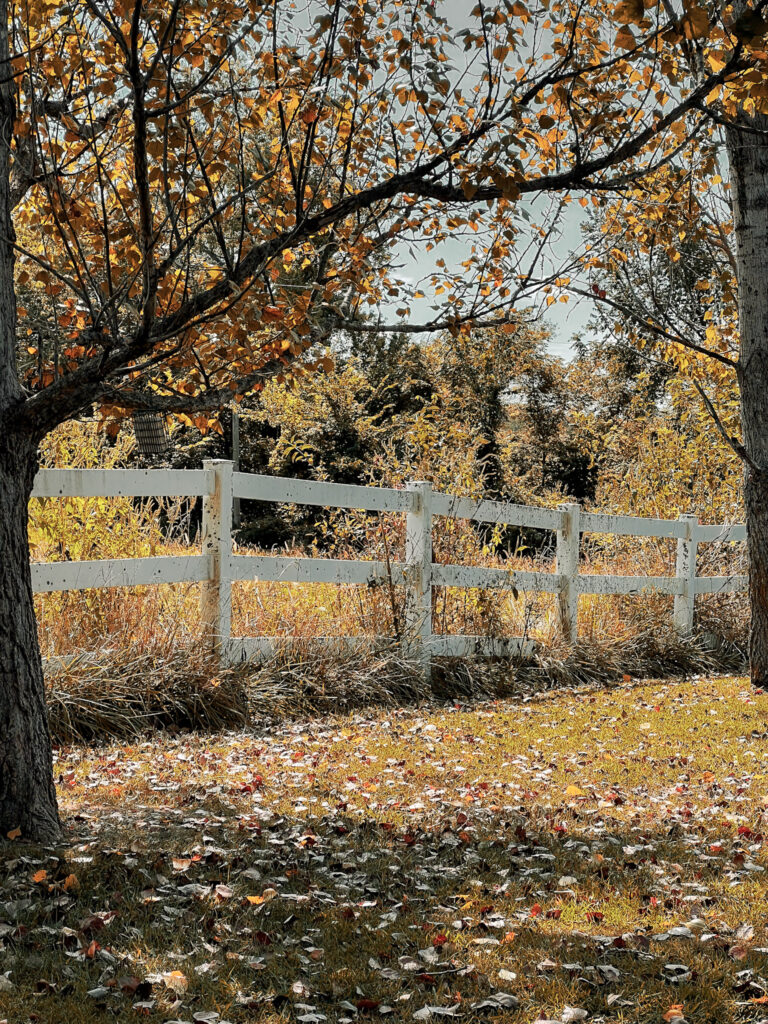How to Find Solitude and Why It Is Important
This site contains affiliate links. If you purchase through these links, I may earn a small commission at no extra cost to you.
Discover how to find solitude in a world that is increasingly noisy and reclaim peace, clarity, and connection in your everyday life.

How to Find Solitude in a World That Never Stops Talking
Our minds are starving for solitude.
We live in an age of constant stimulation. The average person spends more than 7 hours each day in front of a screen, surrounded by notifications, conversations, and noise. As a result, moments of genuine quiet have become rare. Yet research shows that learning how to find solitude – purposeful, uninterrupted time alone – supports mental clarity, emotional balance, and overall wellbeing. Solitude is not the same as loneliness; it’s the calm space that allows your thoughts and emotions to settle and make sense.
Why Solitude Matters More Than Ever
According to research from Exploding Topics, the average person spends 4 hours and 37 minutes a day on their phoneand checks it nearly 58 times daily. Other studies estimate that total daily screen time across devices has climbed to over seven hours. That means many of us spend nearly half of our waking lives connected to a screen – scrolling, replying, reacting, consuming.
When every spare moment is filled with noise – social media updates, streaming shows, podcasts, and messages – our brains never have the chance to rest or process. Psychologists note that constant stimulation keeps the mind in a state of “cognitive clutter,” making it harder to focus, regulate emotions, and form long-term memories. In short, we’re always absorbing, but rarely reflecting.
Without solitude, we lose the ability to think deeply, reflect honestly, or even recognize our own emotions. True solitude gives us the pause we need to make sense of our experiences – to hear our inner dialogue without interruption.
Science backs this up. A 2023 study from the University of Reading found that intentional solitude is associated with lower stress levels and greater autonomy satisfaction. Another review published in Frontiers in Psychology noted that solitude supports self-regulation and creativity, allowing the brain to “reset” after overstimulation. In other words, when we choose to step away from the noise, our thoughts reorganize, our emotions settle, and we return to the world clearer and calmer than before.
This is where analog living becomes such a powerful companion to solitude. When we set the phone down and pick up a pen, a book, or a mixing spoon, something in our minds shifts. The noise quiets. Writing in a journal helps us organize scattered thoughts and release mental tension. Reading a physical book invites focus in a way that screens can’t replicate. Even simple hands-on activities – kneading bread, sketching, tending to plants – create natural pockets of solitude that allow us to process, reflect, and reconnect. These tactile moments remind us that clarity often returns not through more input, but through intentional stillness.

The Science of Solitude
Psychologists have long studied the difference between loneliness and solitude. While loneliness often harms wellbeing, positive solitude has the opposite effect. Loneliness is marked by disconnection and longing; solitude, by contrast, is grounded in intention and presence. It’s the difference between feeling isolated and feeling at peace with your own company.
A review published in Frontiers in Psychology found that positive solitude satisfies essential psychological needs such as autonomy, reflection, and emotional regulation. When we step away from constant social input, our minds finally have the space to organize thoughts and emotions that have been competing for attention. Solitude acts as a “reset system” for the brain, offering clarity that can’t exist in the midst of noise.
This quiet time also nurtures creativity. When the brain isn’t flooded with new information, it starts to connect old ideas in new ways, a process psychologists call incubation. Many artists, writers, and thinkers credit solitude as the fertile ground where inspiration grows.
Research continues to confirm what poets and philosophers have long known: solitude is essential for growth. A 2023 study in Nature Scientific Reports found that simply reframing solitude as a positive experience, something chosen rather than forced, leads to greater calm, emotional clarity, and even a sense of renewal. Those who viewed time alone as restorative, rather than lonely, experienced improved mood and lower stress.
In other words, solitude isn’t just restful, it’s restorative. It’s not the absence of connection, but the foundation for it. Each time we step into quiet, we give our brains and hearts a chance to breathe, heal, and refocus on what truly matters.How to Find Solitude in a Noisy World
Finding solitude doesn’t mean running away to a cabin in the woods. It means creating intentional space for quiet and reflection, even in small moments.
1. Start With Small Pauses
You don’t need hours of silence to feel the benefits. Begin with five minutes of stillness before checking your phone in the morning. Sit with your coffee, take a deep breath, and let the quiet settle. I like to sit down and write in my favorite journal, sip my coffee, and watch nature out the window in the mornings.
2. Step Away From the Screen
The average adult now spends over seven hours a day on screens (DemandSage, 2024). That leaves little room for stillness.
Try a daily “digital fast” — no phone for the first or last 30 minutes of your day. Use that time to journal, stretch, or simply be.
3. Seek Solitude in Nature
Nature offers effortless quiet. Take a walk without headphones, sit under a tree, or listen to the wind. Studies show that being outdoors reduces stress hormones and improves mood — even after just 15 minutes.
4. Create Analog Moments
Use your hands. Cook from scratch, write in a journal, or tend a garden. Analog activities naturally pull you into the present moment and away from constant digital noise.
5. Schedule Time Alone
If your days are busy, plan solitude like any other appointment. Protect it fiercely — because you can’t pour from an empty cup.

What Happens When You Practice Solitude
Over time, solitude transforms from something uncomfortable into something sacred. You begin to crave it — not because you’re avoiding people, but because you’re reconnecting with yourself.
Psychologists note that solitude enhances emotional balance, creativity, and self-understanding. It helps you process experiences instead of reacting impulsively to them.
As Michigan State University Extension explains, solitude gives us “a chance to reconnect with our thoughts, desires, and emotions,” which ultimately makes our relationships stronger and our lives more grounded.
Solitude vs. Loneliness
It’s important to make the distinction.
Loneliness is the pain of feeling disconnected from others. It is a sense of being unseen or unheard, even when surrounded by people. It often stems from circumstances beyond our control and can take a toll on both mental and physical health. Studies have linked chronic loneliness to increased stress, poor sleep, and even higher risks of heart disease and depression.
Solitude, on the other hand, is the peace of being connected to yourself. It’s time spent in your own company with intention and acceptance. Rather than draining your energy, solitude restores it. It’s the space where you can think without interruption, breathe without urgency, and simply be without performing for anyone else.
Solitude chosen intentionally heals the inner noise that comes from overstimulation and social comparison. It allows your mind to reset and your nervous system to calm. When you stop reaching for constant distraction – the phone, the endless to-do list, the next digital notification – you begin to hear your own thoughts again.
In solitude, you start to recognize your needs and values apart from external influence. You rediscover what you truly enjoy, what brings meaning, and where your limits lie. It’s a quiet form of self-compassion, not isolation, but integration.
When practiced regularly, solitude builds resilience. You become less dependent on external validation and more grounded in your own presence. Instead of feeling lonely in silence, you begin to feel whole within it.
Reclaiming the Quiet
In a culture obsessed with productivity and performance, solitude feels almost rebellious. But it’s exactly what our overstimulated minds need.
When we put down the phone and step into the quiet, something beautiful happens, we start hearing our own thoughts again.
Solitude clarifies, heals, and renews. It’s how we remember who we are beneath all the noise.





